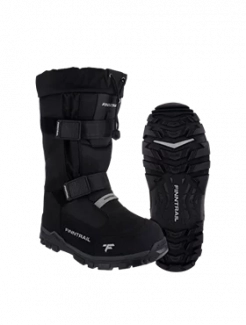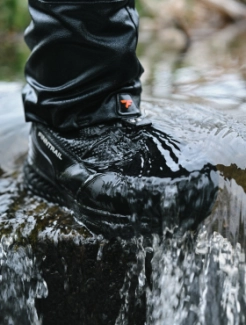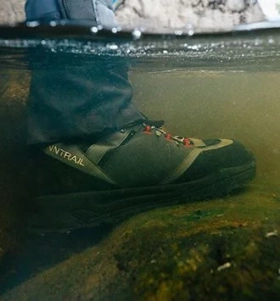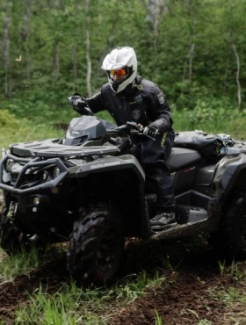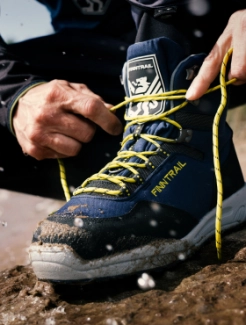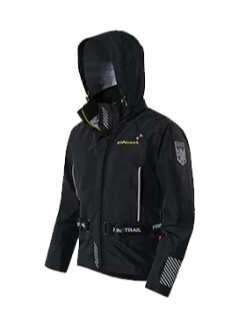How to Make an ATV Street Legal
ATVs weren’t built with the road in mind, but that doesn’t mean you can’t make yours street legal. The bigger questions are what does it take in your state and is it worth it to invest in a street legal ATV?

Do You Need a Street Legal Quad?
It sounds cool. Yeah, my ATV is street legal. But do you really need it? The main reason to make your ATV street legal is if you have trails close enough to your home, with roads you can legally drive on (there’s more on that below), so you can drive your ATV to the trail rather than having to haul it. If that’s you, then the investment is well worth it because it will be so much easier to get to the trail and you’ll probably ride more often.
Otherwise, you may find you still have to haul your ATV to most if not all of the places you want to ride anyway, so you might as well leave it be.
In some public forests with roads, you may be required to make your ATV street legal to ride on the roads. If so, then that makes your mind up for you. Make it street legal or don’t ride there.
Parts Requirements for a Street Legal ATV
You basically need to equip your ATV with all of the things that make it legal to ride your car on the road.
Your tires will probably need more air pressure at least and may need a whole upgrade to be safe for the road. ATV tires were designed for safety off-road, so their design and their required air pressure are often not compatible with pavement. Tires that are DOT-approved have a number on them. Check your existing tires.
Requirements for a street legal 4 wheeler often include:
- Turn signals
- Rear view mirrors
- Horn
- Brake light
- Head lights with reflectors and/or brighter lights
- Rear reflectors
- License plate frame with light
Depending on where you live, the following may be required. Even if they aren’t required, you might want to add them anyway. Possible must-haves:
- Windshield with wipers and fluid
- License plate holder with a light
- Quieter muffler
- Speedometer
- Rear reflector
- Mudflaps
- Seat belt
You can purchase street legal kits. They are designed to fit most ATV models and cover the most common things that you’ll need for road legal quads. The average kit comes with turn signals, a horn, a license plate frame with a light, and rear-view mirrors. You will probably have to buy additional parts.
None of the things needed to make your ATV street legal are difficult to install. You’ll just need basic tools. The most complicated thing you could potentially run into is making sure your battery can power all of the new components.
It isn’t required, but it is wise to install a tethered kill switch on your ATV, if you don’t already have one. They are inexpensive and will turn off the engine should you be thrown off the vehicle. This will protect others from a run-away vehicle and lessen the risk of damages to the vehicle.
Spark arrestors may be required to be street legal in some states.
Other Requirements for a Street Legal Four-wheeler
You will probably have to have your ATV registered, insured, and inspected before you can legally ride it on the road. Of course, you’ll also have to have a valid driver’s license.
State Laws
Before even buying one part for your ATV, check the laws in your state. Each state has different laws and some of them could make or break whether you want to continue.
Many states limit where you can drive your ATV even after it’s been made street legal, so if you want to take your ATV from your home to the trail, but the road between has a speed limit higher than your state allows, you’ll just be wasting your time and money.
Some states never allow ATVs on roads, no matter what you add to it. Some only allow ATVs used as farm equipment to be on roads and only when moving from one field to another. States that do make it legal may restrict you to only riding on roads with less than 35-55 mph speed limit or with no more than two lanes, to only riding on roads labelled as safe for ATVs, or to only riding during the day.
To make matters even more confusing, sometimes the state doesn’t have laws on this topic. You then have to go for your county or city.
Research the laws in your state to make sure any you find online are still accurate. In fact, it’s a good idea to check say every year or so and make sure they haven’t changed so you can be sure you are still riding a road legal ATV.




